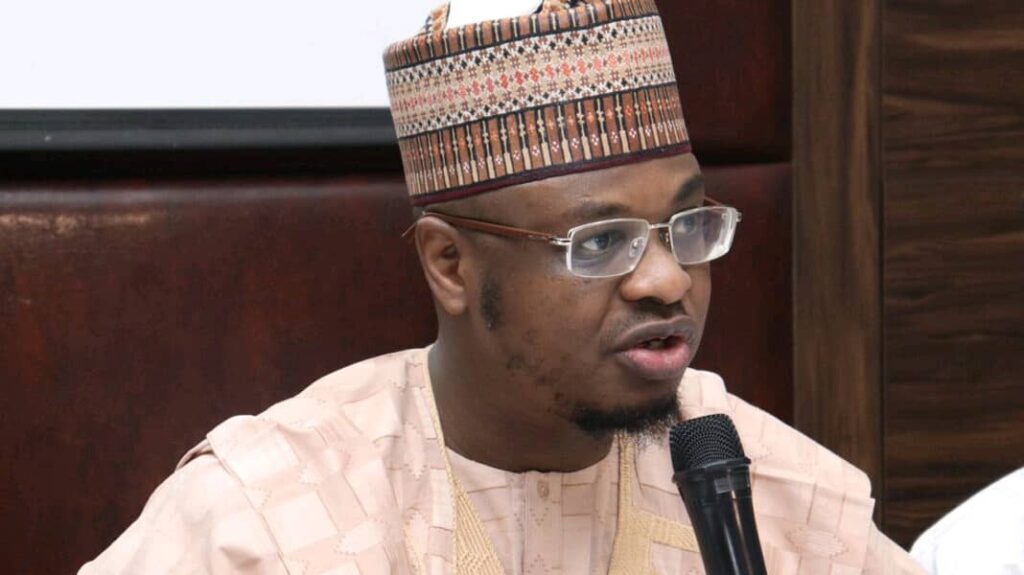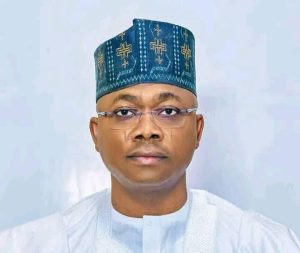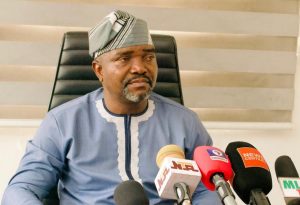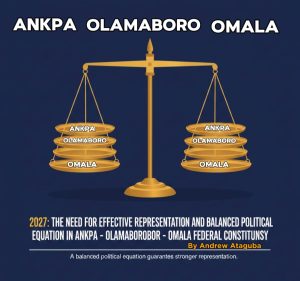Digital Economy: FG approves N24.2bn for free internet in airports, tertiary institutions, markets

As part of its allocations for projects, the Federal Executive Council (FEC) has approved two contracts worth N24.20 billion for the provision of broadband for free internet in no less than 75 selected public places.
The public places enlisted include 20 airports, 43 higher institutions institutions and some markets to support micro, small and medium enterprises nationwide.
The decision followed the Council meeting held on Wednesday, presided over by President Muhammadu Buhari at the Council Chamber, Presidential Villa, Abuja.
Minister of Communications and Digital Economy, Isa Pantami who briefed State House correspondents at the end of the weekly FEC meeting disclosed that the “The Federal Executive Council today approved two memos for the Nigerian Communications Commission ( NCC), a parastatal under the supervision of the Federal Ministry of Communications and Digital Economy.
“In these two memos, certain intervention projects are going to be implemented by the Federal Government of Nigeria, through the Nigerian Communications Commission, of providing internet in 20 selected airports in Nigeria and higher institutions of learning and also some markets to support micro, small and medium enterprises.
“The two memos are interwoven and related. Memo number one is the award of a contract for the provision of broadband in some selected domestic and international airports: 20 of them are going to be covered in the first phase of the project.
“In each geopolitical zone, you have around three airports. Like in the South-West, you have two in Lagos, you have in Ondo. For South-East you have Imo, you have Anambra, you have Enugu. For South-South, for example, you have like Port Harcourt, Akwa Ibom. For North-Central you have like Abuja, Ilorin. For North-West, you have Kano, Sokoto and Kebbi. For North-East, you have like Yola, Maiduguri and Gombe.
“So, all these airports are going to be covered and the Federal Government of Nigeria will provide broadband for free for passengers that are coming through the airports and particularly in Abuja, sometimes you will discover you will land and there is no any internet for free to even allow you to communicate.
“So, we have set our team in order. We have developed the sustainability model, so that even after the deployment, the maintenance will be very effective.
“In the same memo also, there is going to be a provision of broadband to 43 higher institutions of learning at Federal and State levels. Some of them are Universities for Federal Government, some States, some Polytechnics and many more. You may recall that last year, the Federal Executive Council approved a similar memo for the provision of unlimited internet in 18 Universities (17 Universities and one College of Education).
“So, this one is the second phase of the project and in the first memo approved today, we have 20 airports, both domestic and international and in addition, we also have 43 institutions of learning. So if you add you will discover 63 institutions are going to benefit, accommodating higher institutions and local and domestic airports and the price for this is N18.95 billion.
“The second memo is very similar to the first one; it’s the provision of broadband to some selected markets. Last year, the Federal Executive Council has approved the implementation of that by providing broadband to 20 markets in Nigeria, where you have a minimum of three markets per geopolitical zone.
“This one is to complement the earlier approval, where six markets are also going to benefit from this in addition to six higher institutions of learning; two Federal Universities, one State University and Polytechnics and for this one the price is N5.25 billion.
“So, both memos, you will discover that they will provide broadband to these institutions at the price of approximately N24.20 billion and the project is going to be implemented by the Nigerian Communications Commission.
“The duration for the project is four months minimum and maximum of five months and there is a budgetary provision for that. Also, the fund to sponsor the implementation has been secured by the administration of President Muhammadu Buhari.”
He further added, “For Universities, it’s because we have learned bitter and better lessons during the COVID-19, so we don’t want to go back to that. We want to ensure that students and staff benefit from unlimited internet. For airports, we know the difficulty when you land without any connectivity.
“So, it will even at least make our airports more lively, if there is at least internet connectivity that is for free.
“Thirdly for market, it’s to support innovation-driven enterprises that are being championed by the Massachusetts Institute of Technology, where we try to give global visibility to our innovators, to our micro, small and medium enterprises, so that their market is not going to be narrowed and restricted only to our local communities.
“So, besides the internet, we have been giving them domain name for free and also supporting them to establish website so that they will be able to have global visibility and also it will support Nigeria, even in the process of transition to cashless policy. When internet is free and it’s effective in our markets, it will support online activities, online payments, among many others.”





